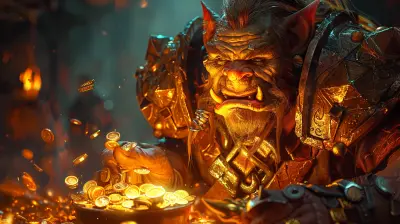How Seasonal Events Impact Player Engagement in Free-to-Play Games
17 July 2025
If you've ever played a free-to-play game—whether it's a battle royale, an RPG, or a chill mobile game—you've probably noticed something interesting: when the holidays roll around, suddenly there's snow on the maps, pumpkin heads on enemies, fireworks in the sky, and a whole bunch of time-limited goodies. That’s no accident. Game developers know this trick—and they use it well.
Seasonal events are like the spice in a good stew—they aren't always the main focus, but they sure make everything taste better. And when it comes to free-to-play (F2P) games, these temporary events can seriously crank up player engagement.
Let’s dig into how and why seasonal events have become such a go-to strategy in the world of F2P gaming, and what makes them so effective at keeping players hooked.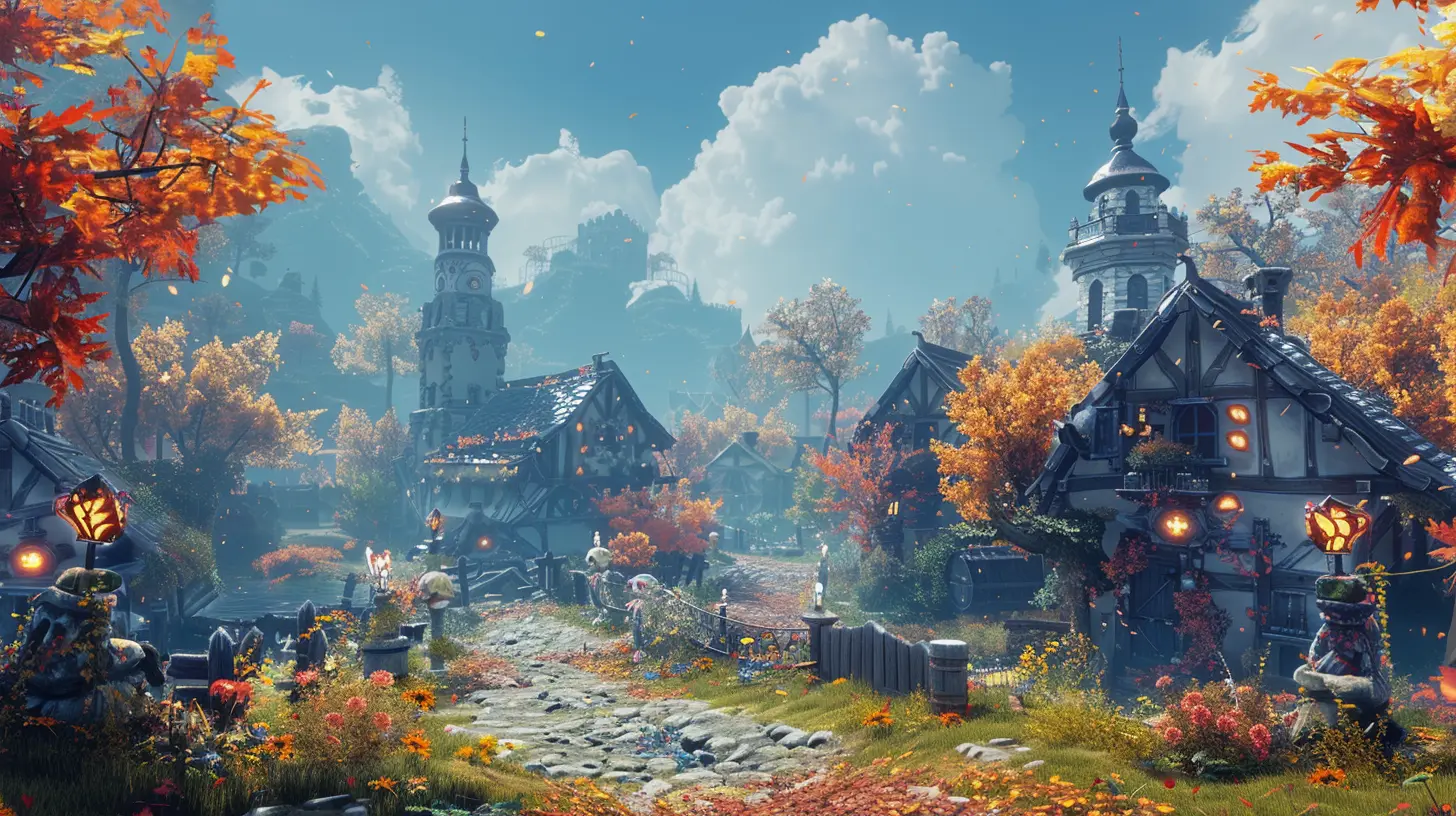
What Are Seasonal Events (And Why Do They Matter)?
Seasonal events are limited-time activities, challenges, or content updates in games that align with real-world holidays or seasons. Think Halloween-themed skins, snowy maps for the winter holidays, or fireworks in July. These events often bring new game modes, cosmetic items, exclusive rewards, and fresh objectives.So, why do they matter?
Because they break the routine.
Many F2P games rely on daily logins, repetitive tasks, and grind-based progression. That can get boring. Seasonal events shake things up. They offer something new and temporary, triggering the classic FOMO (fear of missing out) that encourages players to engage more frequently and for longer periods. 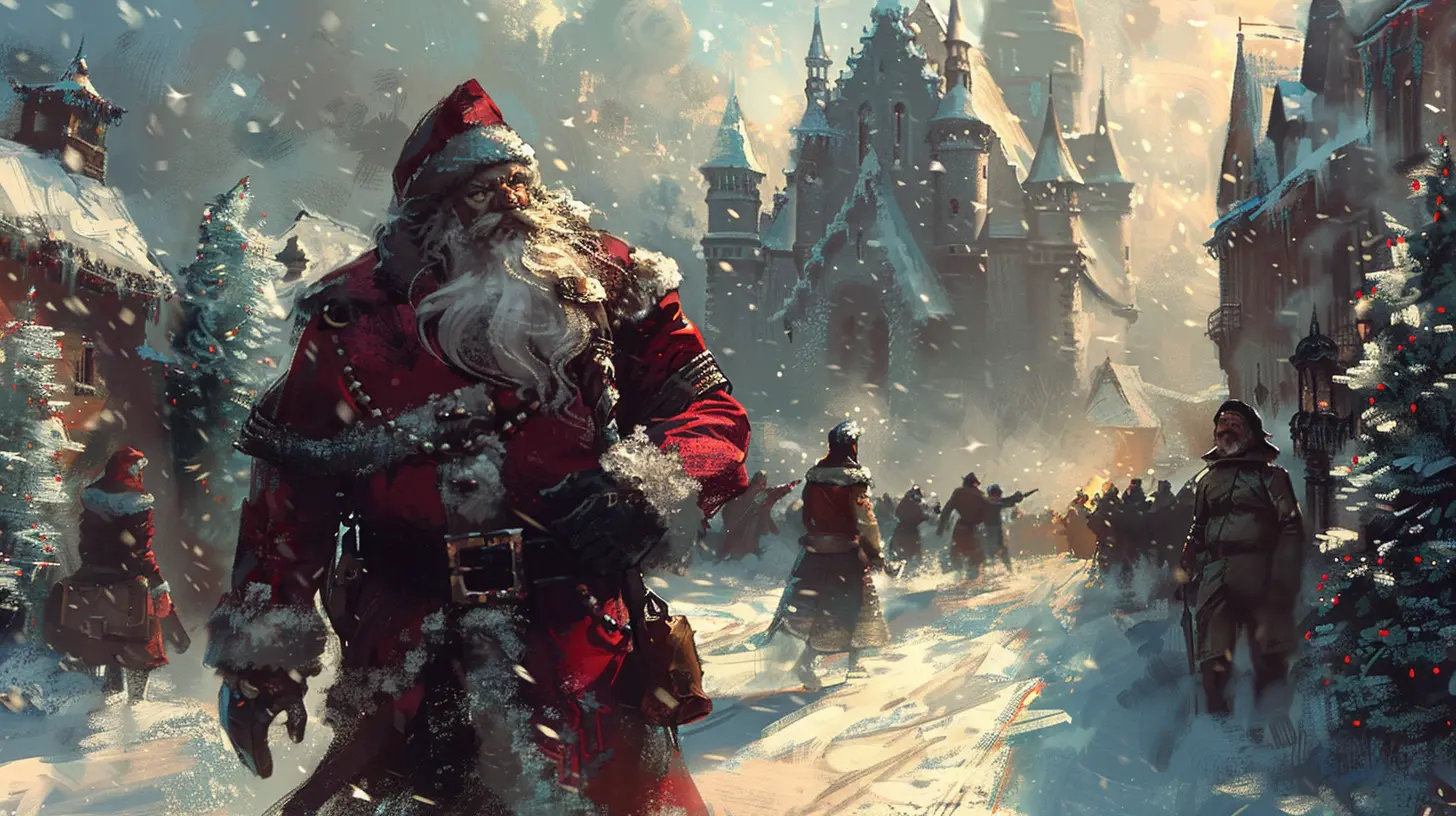
The Psychology Behind Seasonal Events
Let’s be real—humans are wired for novelty. We love shiny new things. Seasonal events play into that.Here’s how:
🕒 FOMO and Urgency
Most seasonal events come with a countdown timer. You’ve got 14 days to complete challenges, grab that limited-time outfit, or earn a special title. That ticking clock nudges players to log in daily—even if they weren't planning to. Missing out just isn’t an option for a lot of people.🎯 Goal-Driven Motivation
During events, players get new goals. Maybe it's “open 10 spooky loot boxes” or “win three matches on the winter map.” These mini-objectives give players direction. And guess what? When players have a goal, they're far more likely to stick around and grind for it.🎁 Reward Systems & Progression
Many seasonal events offer exclusive, highly desirable rewards. Often, these can’t be obtained any other time. Whether it's a goofy snowman skin or a badge that says you participated in the 2023 Halloween bash, the rarity and exclusivity of these items increase their perceived value.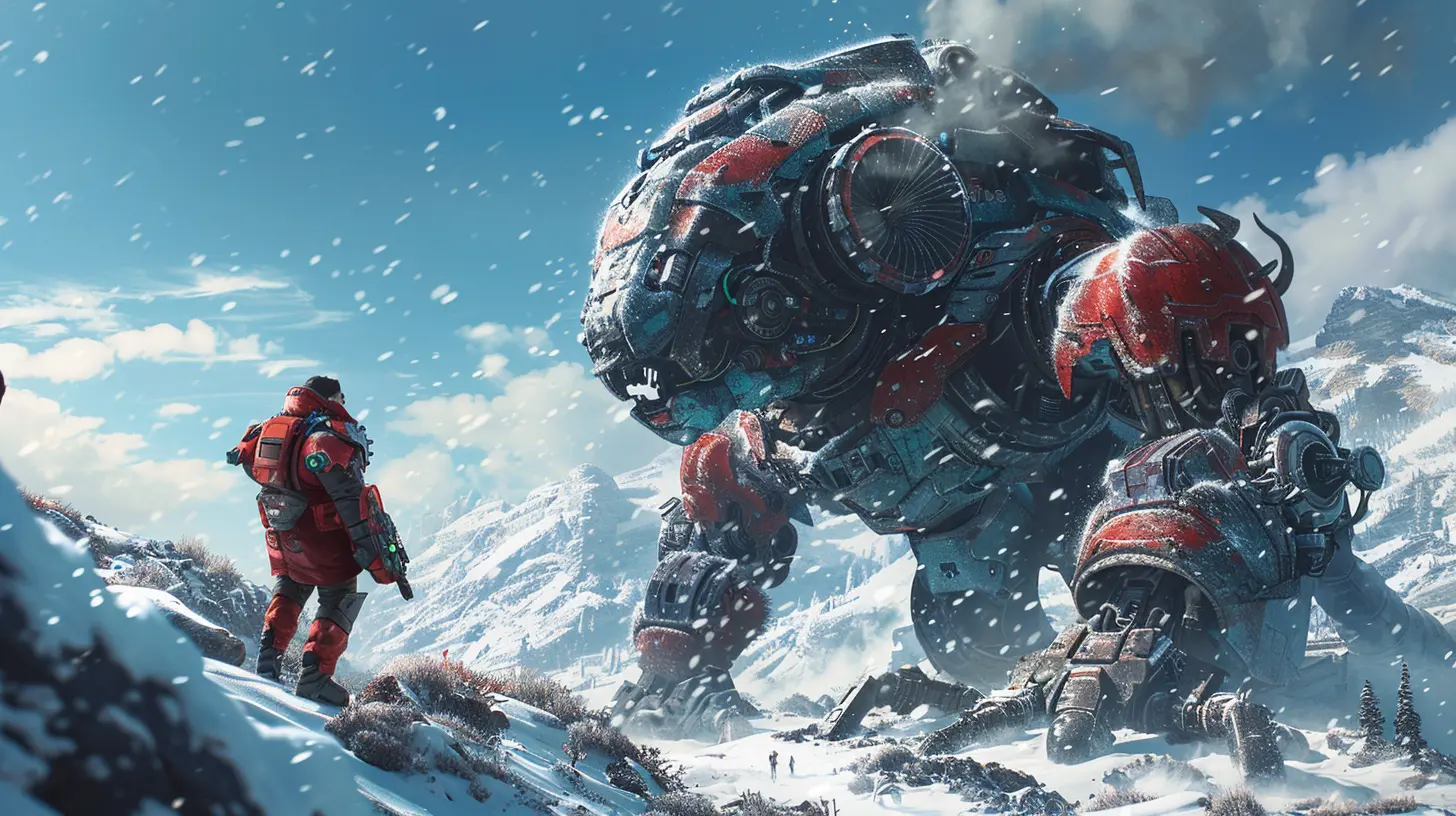
Free-to-Play Games: The Perfect Playground for Seasonal Events
F2P games live and die by player engagement. Since players aren’t paying up front, developers have to keep them entertained enough to spend money on cosmetics, passes, or power-ups. Seasonal events help in more ways than one:1. Re-engaging Dormant Players
Remember that game you stopped playing three months ago? Well, you just got a push notification saying there's a Lunar New Year event going on with double XP and exclusive skins. Next thing you know, you're back in the lobby.Seasonal events are like magnets pulling lapsed players back into the fold. They give players a reason to return, especially if the rewards are juicy or the event mechanics are fun and different.
2. Driving In-Game Purchases
Events often come bundled with new cosmetics, loot boxes, event passes, or premium bundles. And because these items are time-limited, players feel more pressure to buy. If that candy cane sword disappears after December 31st, well—you’d better get it now or regret it later.Even non-spenders sometimes shift their habits during events. A player might say, “I don’t usually spend money, but these Valentine's skins are 🔥.” That’s how F2P monetization works—low friction entry, but high emotional appeal when the right content drops.
3. Boosting Community Buzz
When everyone’s talking about the same event—sharing screenshots, discussing rewards, or creating memes—it creates a ripple effect. Seasonal events often go viral within gaming communities, driving organic engagement and social sharing.Themed updates also make games trend on YouTube, Twitch, and TikTok. Content creators thrive on new content, and seasonal events offer a goldmine of stuff to show off.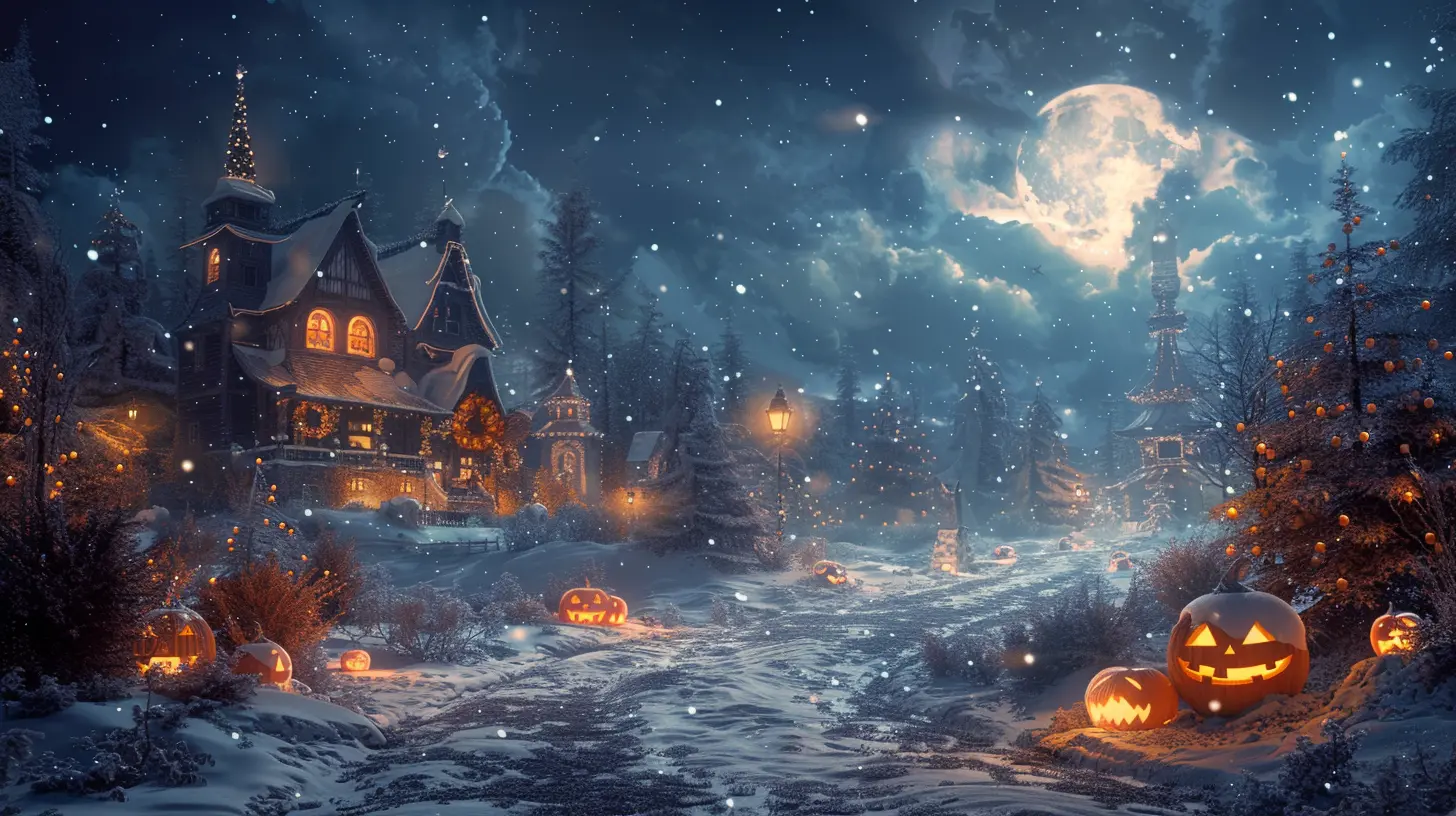
Real-World Examples of Seasonal Event Success
Let’s look at a few games that have absolutely nailed seasonal content.🚀 Fortnite
Love it or hate it, Fortnite is the king of seasonal content. Epic Games revolutionized the format with “Seasons” that include major story shifts, map changes, and crossovers with pop culture icons.Events like "Fortnitemares" (their Halloween event) or the annual Winterfest offer exclusive skins, modes, and game-altering mechanics. The sheer spectacle keeps players coming back season after season.
⚔️ Genshin Impact
Every few months, Genshin rolls out beautifully crafted seasonal events tied to in-game lore and real-world holidays. They often introduce special mini-games, time-limited characters, and story content.The Lantern Rite Festival and Windblume Festival are player favorites. These events not only provide generous rewards but also deepen the game’s world-building, which is huge for narrative-driven fans.
🧟 Call of Duty: Mobile & Warzone
COD throws down hard with Halloween and Christmas events. Haunted maps, spooky skins, themed killstreaks, and eerie music give the whole game a makeover.These events breathe fresh life into a game that can otherwise feel repetitive. Plus, the limited-time nature makes them feel like can’t-miss moments.
The Downsides: Is There Such a Thing as Too Many Events?
Okay, quick reality check. While seasonal events are often awesome, they’re not always perfect.😓 Burnout Is Real
If a game is constantly running events back to back, players can feel overwhelmed. Instead of excitement, it becomes a chore—“Ugh, another grind!” That leads to burnout and resentment, especially if the event feels like a cash grab.💰 Pay-to-Win Temptations
Some events dangle exclusive power-ups or characters behind paywalls. That can skew the game toward pay-to-win during the event, which is a major turnoff for competitive or casual players alike.🕹️ Disrupting Core Gameplay
In some cases, seasonal events alter the game so much that it becomes less enjoyable. An event map might replace a beloved original, or new mechanics might break the balance. Not all players love change, and too much of it can drive them away.Tips for Developers: Making Seasonal Events Work Without Burning Out Players
Here’s a checklist for devs (or just curious players who want to peek behind the curtain):- 🎯 Keep events focused and goal-oriented, but not excessively grindy.
- 🎨 Offer cosmetic-only items for monetization to avoid pay-to-win accusations.
- 🧠 Incorporate lore or story to make events feel meaningful.
- 🧪 Test new mechanics through seasonal modes to add spice without permanent risk.
- 🚦 Build in event-free gaps to let players breathe and avoid burnout.
- 🎤 Listen to player feedback to refine future events.
The Community Factor: Bonding Over Shared Experiences
There's something magical about logging into your favorite game and seeing it transformed. Whether it's snow falling on an old map or everyone wearing reindeer antlers, you feel part of something bigger—a shared moment among millions of players. That sense of community, of being part of a festive gathering, even in a virtual world, is incredibly powerful. Online events offer digital nostalgia and create lasting memories—those “remember when” moments players talk about long after the event ends.So, Are Seasonal Events Worth the Hype?
Absolutely—when done right.Seasonal events in F2P games are practically a win-win for players and developers. Players get fresh content, exclusive rewards, and a break from the usual routine. Developers get spikes in user activity, better monetization opportunities, and increased visibility.
But like any good thing, moderation and balance are key. Too much hype, grind, or monetization can sour the experience. The best events are the ones that respect players’ time, reward their effort, and add real value to the gameplay loop.
So the next time a holiday rolls around and your game of choice suddenly starts playing spooky music or snowflakes start falling, take a deep breath—and dive in. Chances are, you’re about to have some fun.
all images in this post were generated using AI tools
Category:
Free To Play GamesAuthor:

Lana Johnson
Discussion
rate this article
2 comments
Francesca McIlwain
Seasons dance, players bloom; joy entwined in play.
January 23, 2026 at 5:25 AM
Paula McQuillan
Seasonal events are crucial for maintaining player engagement in free-to-play games. By offering exclusive rewards and time-limited challenges, developers can create excitement and foster community interaction, ultimately enhancing retention and monetization opportunities.
August 2, 2025 at 2:37 AM

Lana Johnson
Thank you for the insightful comment! I completely agree that seasonal events play a vital role in enhancing player engagement and community interaction in free-to-play games.
